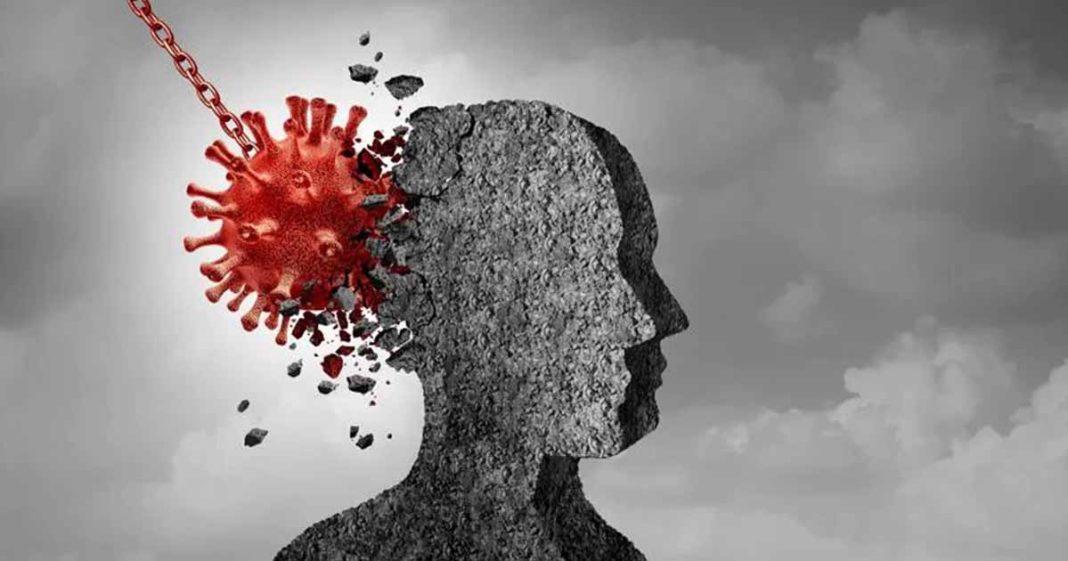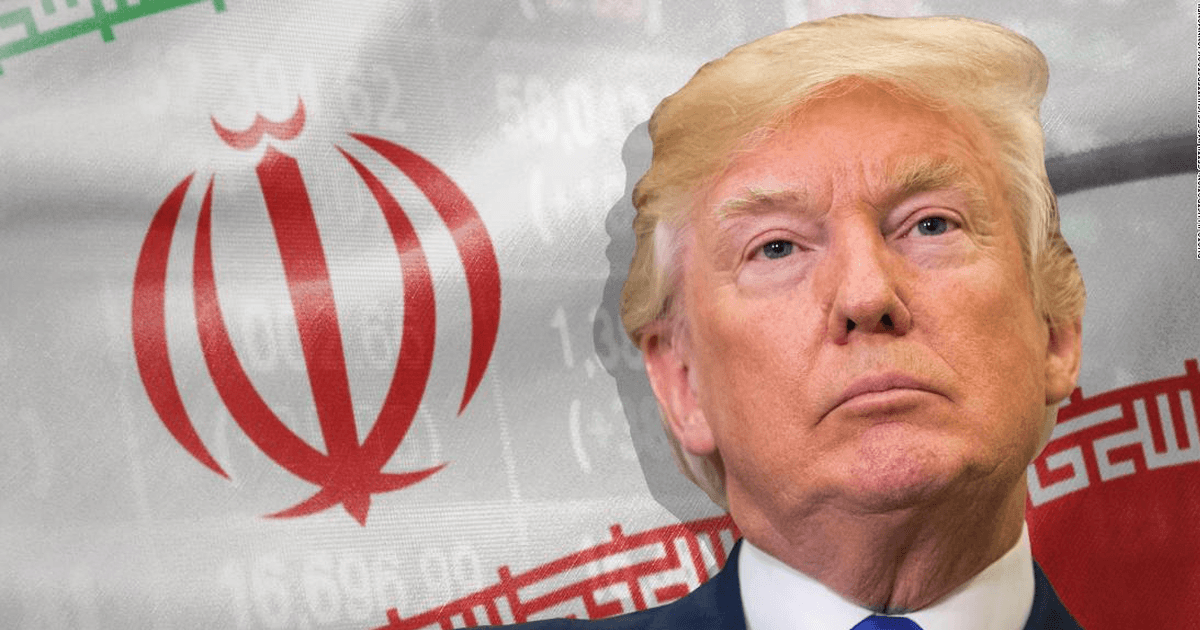Pakistan has seen a 30% spike in mental illnesses caused by the coronavirus in recent months, recent surveys and health specialists said.
The latest survey conducted by the Sindh Mental Health Authority, a state-run government organization that provides mental health services in southern Sindh province, showed that depression and suicidal thoughts are the major problems developed among coronavirus patients or even those who have recovered.
Senator Karim Khawaja, who heads the mental authority, told Anadolu Agency that around 40% of the 1,500 survey respondents have reported suffering from low to high depression after being infected with the coronavirus.
Some 25% admitted to having suicidal thoughts after becoming infected or even after recovering from illness, Khawaja, a professional psychologist, added.
Read more: Why mental health is an ignored phenomenon in Pakistan
Pakistan reported its first coronavirus case in March 2020 and has since registered over 1.23 million cases, with more than 29,000 deaths.
The country is currently battling a fifth wave of the COVID-19, along with the rising omicron variant cases across the country, mainly in Sindh province.
Impact is huge
Addressing a seminar in the port city of Karachi on Sunday, national and international experts said the country has seen a 30% surge in mental ailments due to the coronavirus, which has triggered psychiatric ailments in people who are already prone to mental health issues.
Prof. Dr. Asim Shah, the executive vice chair of psychiatry at Baylor College of Medicine in Houston, US, said at least 25% to 30% increase in mental health issues has been observed in Pakistan during the pandemic, as the virus also triggered mental illness in people who recovered from the infectious disease.
In addition to affecting physical health, Covid-19 has severely impacted mental health. However, in Pakistan, mental health is given a low priority. https://t.co/UpdjcZVgDc
— GVS (@GVS_News) July 2, 2021
Seconding the figures, Prof. Iqbal Afridi, dean of the Faculty of Psychiatry, College of Physicians and Surgeons Pakistan, said the coronavirus has a significant impact on mental health.
Afridi, who is also the editor of the Journal of Pakistan Psychiatric Society, told Anadolu Agency that job insecurity, unemployment, and other related issues caused by the pandemic have impacted the mental health of the middle- and lower-income brackets of society.
“As a doctor, I have personally seen a cognizable increase in the number of patients (suffering from mental ailments),” he added.
Shortage of trained psychiatrists
Afridi observed that the South Asian nuclear country is reeling from an acute shortage of trained psychiatrists and mental health institutes.
“Currently, Pakistan has 600 psychiatrists, which is insufficient for a population of 210 million, in which mental illnesses are on the rise due to several social and economic reasons,” he maintained, adding that only in the US and UK, over 1,500 Pakistani psychiatrists are working.
At least, he added, the country must have over 9,000 psychiatrists to deal with the rising figures of patients suffering from mental illnesses.
Read more: How maternal mental health impacts child development
The government, he believes, should announce some “incentives” not only for the young doctors to specialize in this field but also for qualified psychiatrists to encourage them so that they do not leave the country.
Sharing a similar view, Senator Khawaja said the key reason behind a low number of psychiatrists in the country is a “low interest” among young doctors, who prefer to specialize in other medical fields rather than psychiatry.
He said the authority has proposed establishing South Asia’s first full-fledged mental health university in the southern Hyderabad city, where a 150-year-old mental health institute already exists.
Established in 1852, Sir Cowasji Jehangir Institute of Psychiatry is the country’s largest mental health hospital and, according to experts, can be converted into a degree-awarding institute in an attempt to cope with the shortage of psychiatrists.
Though Afridi supports the idea, he believes that the country does not need more psychiatrists, but more psychologists and a trained workforce of paramedics who can handle such patients.
Read more: COVID-19 can spark a major mental health crisis: UN
“Lack of incentives and stigmas associated with psychiatry has all contributed to making this much-needed discipline unattractive to our doctors. An incentive-based strategy combined with increased awareness is required to increase the number of psychiatrists in the country,” he said.
Khawaja proposed mental health refresher courses for young doctors and general practitioners, enabling them to handle mental illnesses “at least to some extent.”
Anadolu with additional input by GVS News Desk













